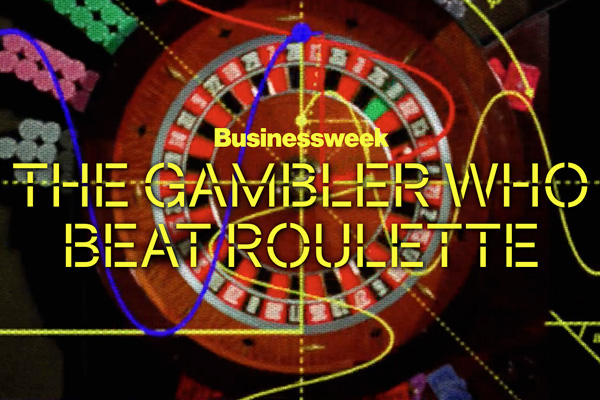SOUNDS LIKE IAN FLEMING –
April 5, 2023 – Then there was the win rate. Tosa’s crew didn’t hit the right number on every spin, but they did as often as not, in streaks that defied logic: eight in a row, or 10, or 13. Even with a dozen chips on the table at a total cost of £1,200 (about $2,200 at the time), the 35:1 payout meant they could more than double their money. Security staff watched nervously as their chip stack grew ever higher. Tosa and the Serbian, who did most of the gambling while their female companion ordered drinks, had started out with £30,000 and £60,000 worth of chips, respectively, and in no time both had broken six figures. Then they started to increase their bets, risking as much as £15,000 on a single spin.
It was almost as if they could see the future. They didn’t react whether they won or lost; they simply played on. At one point, the Serbian threw down £10,000 in chips and looked away idly as the ball bounced around the numbered pockets. He wasn’t even watching when it landed and he lost. He was already walking off in the direction of the bar.
It wasn’t the amount of money at stake that made the Ritz security team anxious. Customers routinely made several million pounds in an evening and left carrying designer bags bulging with cash. It was the way these three were winning: consistently, over hundreds of rounds. “It is practically impossible to predict the number that will come up,” Stephen Hawking once wrote about roulette. “Otherwise physicists would make a fortune at casinos.” The game was designed to be random; chaos, elegantly rendered in circular motion.



